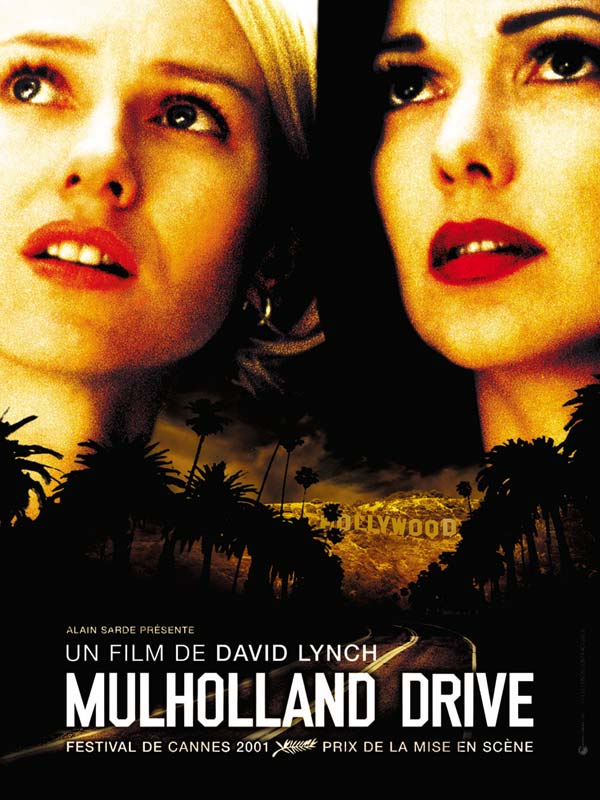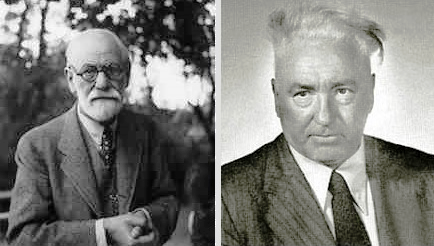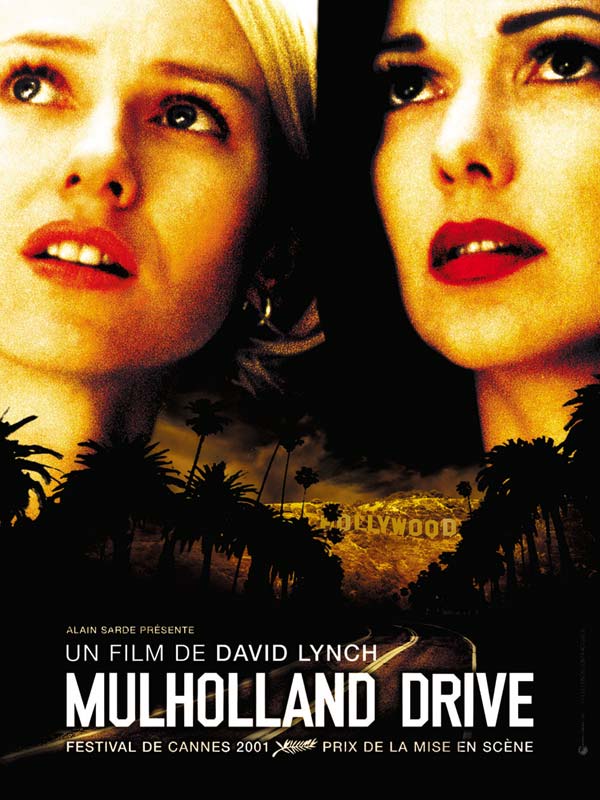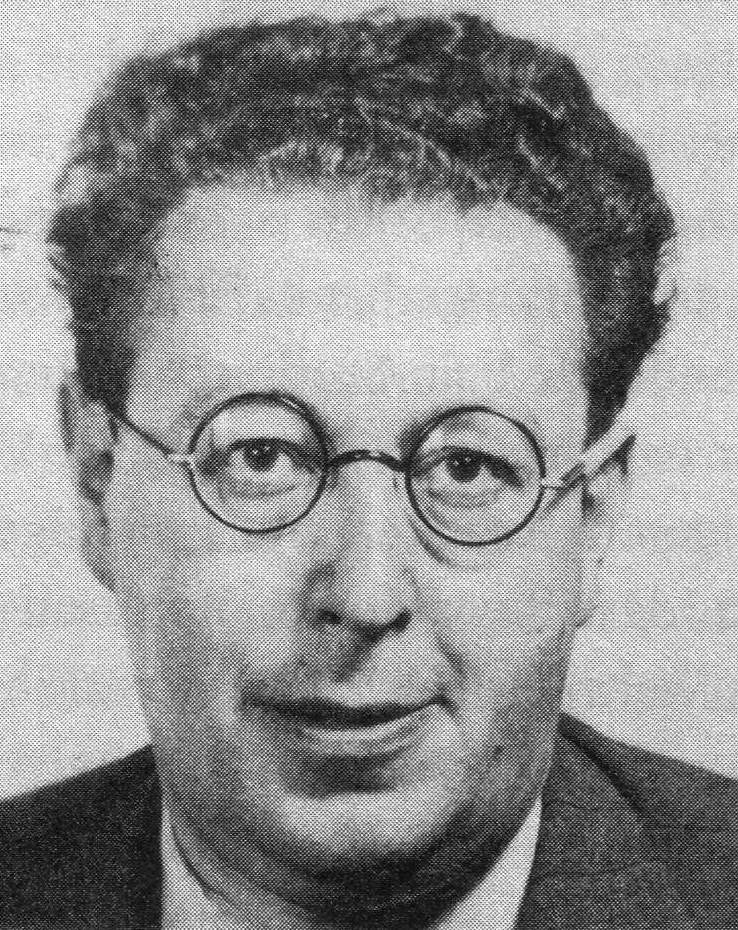
Mulholland Drive (2001)
by David Lynch
(Machine Translated by Google)
On the theoretical level, analogies are indicated between the Freudian notion of Libido and Schopenhauer’s concept of Will.
The Libido designated by Freud is amoral and non-rational, as is Schopenhauer’s Will. Furthermore, the latter withdraws from space and time and is therefore unique in all beings. Since the Will eludes all orders, it acts in an absolutely free way, like the Libido, and is implicitly irrational and impetuous. Schopenhauer introduced, in the history of thought, the notion of the unconscious and anticipated that of sublimation. He affirmed that all manifestations of love (even the most literary ones) are explained by the urgency of the reproductive instinct. It is a manifestation of the Will. Although it is a universal force, it then expresses itself in single individuals, producing generalized struggle and conflict. Philosophically anticipating the Darwinian notion of the struggle for existence, Schopenhauer defined nature as the place of the most ruthless conflict. Since every living being is ultimately doomed to death, the Will is an irrational impulse. It is only capable of transforming life into a perennial anguish of death.
In Schopenhauer’s irrationalist vision, reason only serves to increase the pain of existence. In fact, unlike animals, man knows he has to die. And if on the one hand this awareness distances him from instinct (preventing him from living like animals, in a full and joyful way), on the other hand it offers no solution to the inevitable fate. Pain is the result of any intellectual reflection on existence.
In the second part of his fundamental work (The World as Will and Representation, 1818), after having taught the absolute unknowability of the world according to the doctrine of phenomenalism, Schopenhauer affirmed that there is only one part of nature that we can truly know. This object, the only one that can be understood “in itself” (noumenically) in its most intimate essence, is our body. The body that we live (or that “lives in it”). The knowledge of ourselves, in fact, does not occur through the principle of individuation, but with an immediate and intuitive understanding. It is the first time in the history of philosophy that the physical person of the thinking subject becomes a subject for reflection.
Corporeity reveals itself to Schopenhauer as a pure Will to live, the overbearing and violent instinct to continue to exist always and in any case. The deepest essence of the ego (of my body) is the effort to perpetuate its existence. This impulse is so strong and evident that it is reasonable to think that it is dominant in all other beings as well. Schopenhauer concludes that the metaphysical substance of the world is precisely the Will to live. It is a universal force that pushes everything to perpetuate itself. It is an active energy in every part of nature. It is present not only in the animal kingdom, but also in the vegetable and even in the mineral one. In fact, the Will to Live does not require conscience, awareness or cognitive abilities, because it can also be expressed in an unconscious way. It is the force which makes gems and crystals grow, which explains magnetic, chemical and electrical phenomena and which produces zoophytes (the intermediate beings between the vegetable and animal world, such as the sponge and coral) in the biological world. It even dominates man, even if the individual mostly does not realize it.
In the History of Psychology, in the years following Freud, who had proposed the concept of Libido, Wilhelm Reich tried to give a physical and measurable extension to the Libido itself. He claimed to have identified a hypothetical Orgone Energy that permeated all space and living bodies. Thus, for Reich, the Libido became visible (it was blue in color) and measurable. Some diseases would have been the consequence of the depletion or blockage of energy within the body. The orgone theory was deemed unreliable by almost the entire scientific community. (Informative article). By Alberto Angelini – Published in: Eidos: Cinema and Psyche, 50/2022




